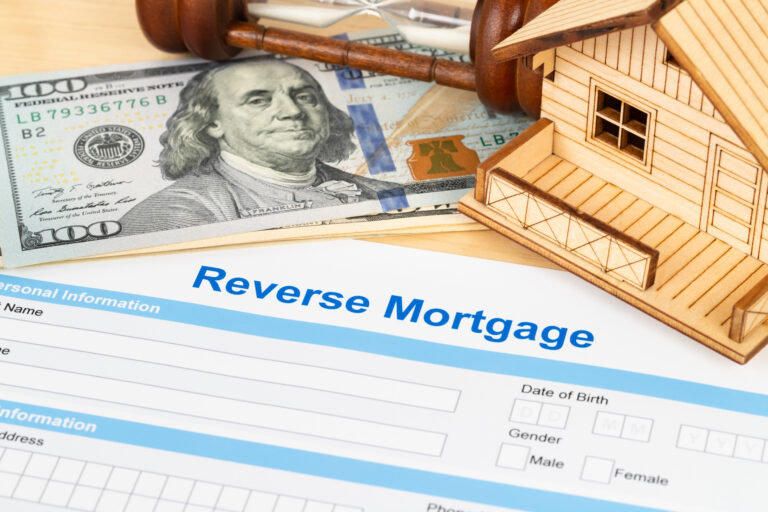A reverse mortgage is an important financial decision, but one expert says it can be beneficial for borrowers under special circumstances.
New York – Equity represents the portion of your home that you actually own. As you pay your mortgage and the value of your home increases, your equity increases and can be a source of great wealth in the long run. However, because the only way to make a profit is to sell, a home is also an illiquid asset, and selling a home typically takes weeks, or even months.
When most people need to leverage the equity in their home, they consider a cash-out refinance. This is where a homeowner refinances their mortgage for an amount that exceeds their existing loan balance and receives the excess cash in the form of a lump sum. Alternatively, you may consider a home equity line of credit, a type of revolving credit that allows homeowners to borrow against the equity they have in their home. It acts as a line of credit secured by the value of your home.
Seniors have a third option: a reverse mortgage. A reverse mortgage is a financial product designed for homeowners who are typically 62 years of age or older. This allows you to convert some of your home equity into cash, which you can receive in a variety of forms including a lump sum, monthly payments, or line of credit. Unlike a traditional mortgage, where the borrower makes monthly payments to the lender, a reverse mortgage makes payments to the homeowner and retains ownership of the home while you live in it. Interest is added every month, and your home debt increases.
Repayment is usually made by selling the home, either by moving or by death. The assumption is that the home continues to increase in value and the proceeds will pay off the reverse mortgage debt. Generally, the heir has 30 days after receiving notice from the lender of the due date to buy, sell, or turn over the home to the lender to pay off the debt. If the home sells for more than the loan amount, the sale proceeds will be inherited by your heirs, but if the home sells for less, your heirs will not be responsible for repaying the loan.
But reverse mortgages are far from too good to be true. Disadvantages include significantly higher interest rates and loan origination fees than traditional mortgages. You need funds to maintain your home, pay your property taxes, and have the mortgage insurance required by FHA, but you may run out of funds sooner than you expect, leaving you unsecured for another loan in the future. Additionally, your heirs may inherit significantly less property. Borrowers should also be aware of how reverse mortgages may affect eligibility for certain government assistance programs.
Generally, I do not recommend reverse mortgages. However, there are unique circumstances that can make a reverse mortgage a viable option, such as the age of the borrower, the available interest rates, the appraised value of the home, and the homeowner's expected cash flow. Reverse mortgages are important financial decisions and should not be taken lightly. You should have a financial advisor, not a reverse mortgage counselor, crunch the numbers and decide if a reverse mortgage is the best option for you.
© Copyright 2024, Marietta Daily Journal. All rights reserved.

